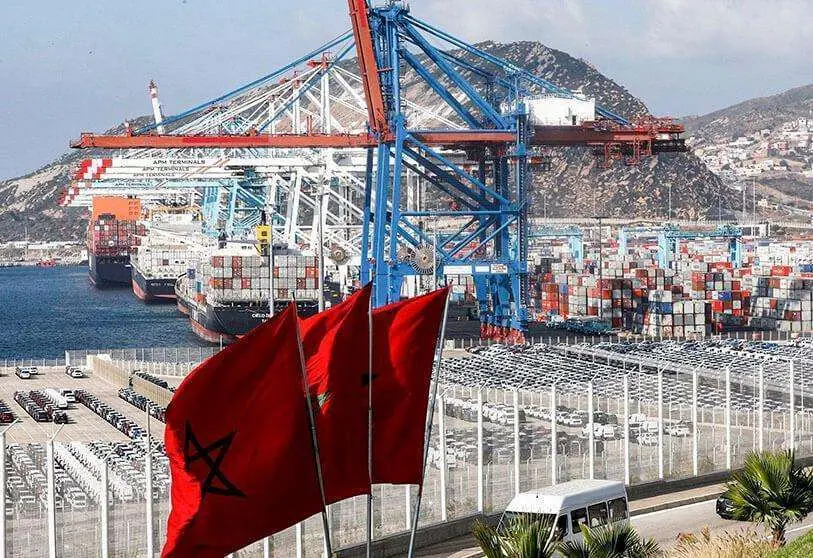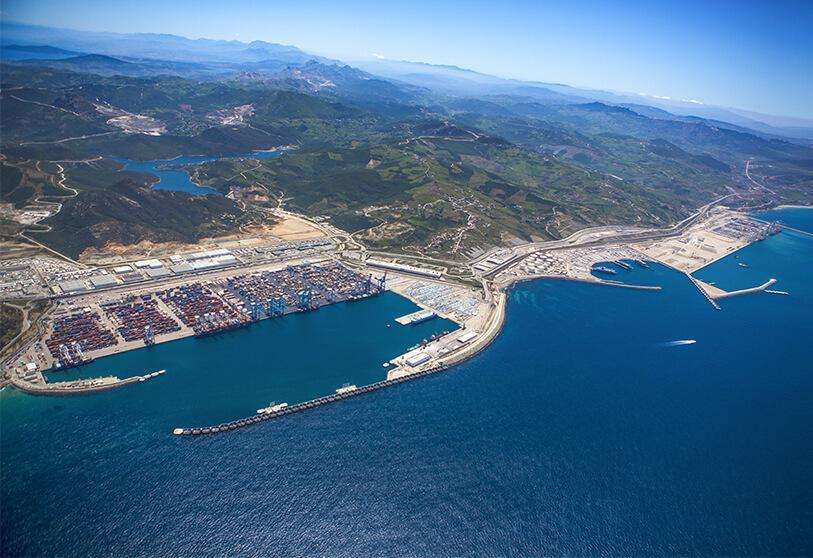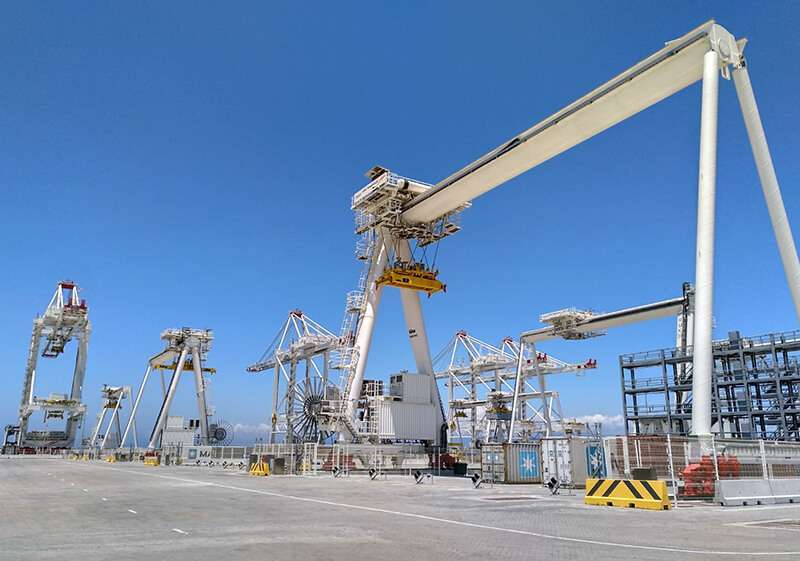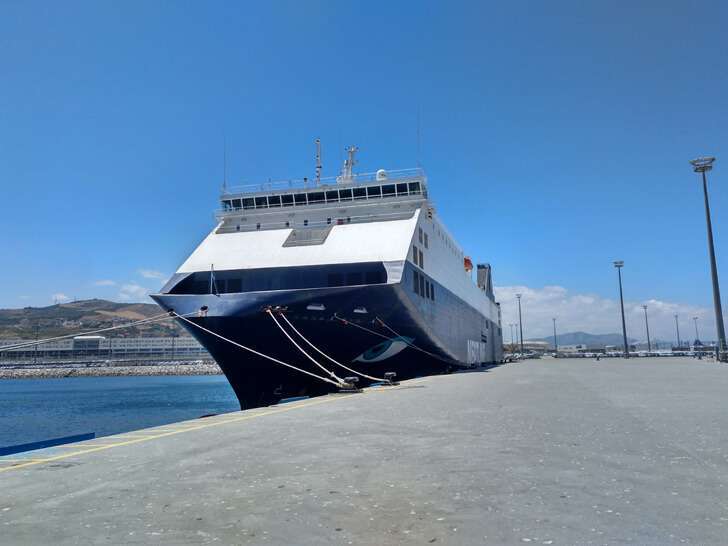El Grupo EMI Finance Group marroquí continúa invirtiendo en el desarrollo económico de Níger

The Moroccan group EMI plans to continue investing in Niamey, the capital of Niger, different funds in the business and economic sphere in order to implement infrastructure as part of a long-term initiative, led by Rabat, that seeks to position itself and gain business presence on the African continent.
Niamey's mayor, Omar Dougari, said the group has invested $3.3 billion in infrastructure projects in the capital. This project is estimated to take eight years to fully implement. According to the head of the Moroccan group, Ahmed Lofti, "the number of projects is eight and they will be implemented over eight years. Most of them will be under public-private partnership contracts".

The projects include the construction of an agro-food complex that will consist of a cattle fattening plant, fodder cultivation, construction of a new slaughterhouse, a meat processing section, poultry breeding and dairy and cheese production, as well as the construction of "a new city" with 36,960 social housing units and a 1,050-hectare shopping centre.
In addition, EMI Group will implement a new "smart city" project on the banks of the Niger River with 20,000 solar street lamps manufactured in Morocco, as well as the establishment of an industrial zone whose products are expected to be exported.
In this sense, Morocco has been exponentially positioning itself economically in the country for years. So much so that one of the most relevant Moroccan banks in the country, the Banque Centrale Populaire Group, acquired in 2017 the International Bank of Africa-Niger, the second largest banking institution in Niger.

Economic experts say that "the growth of Moroccan companies' investments in Africa in recent years will make their businesses in the various fields in which they operate prosper even more with the entry into force of the Continental Free Trade Area in the middle of this year".
The Moroccan Directorate of Financial Studies and Forecasts published a report last May revealing Morocco's increased investments in different African countries. These transactions are estimated to have increased from approximately '907 million dirhams ($101 million) in 2007 to 5.4 billion dirhams ($600 million) in 2019'.

The command said that "these investments consist mainly of direct investments in sub-Saharan African countries and represent 47 per cent of total investments". These partnership projects in which Morocco is leading are taking place in "vital sectors" such as real estate development, electricity, fisheries, social and health care, transport, banking and insurance, among the most relevant. In this regard, he highlighted the presence of Bank Africa as a banking institution that enjoys a distinguished position on the continent as a "multi-brand Moroccan group", as it is present in more than 30 countries, including several African states that provide employment for more than 15,000 people worldwide.
The fact that Morocco has increased its banking presence has led to major international companies being attracted to the Alawi country to increase their investments and form alliances with Moroccan companies in order to expand their presence and influence on the African continent.








